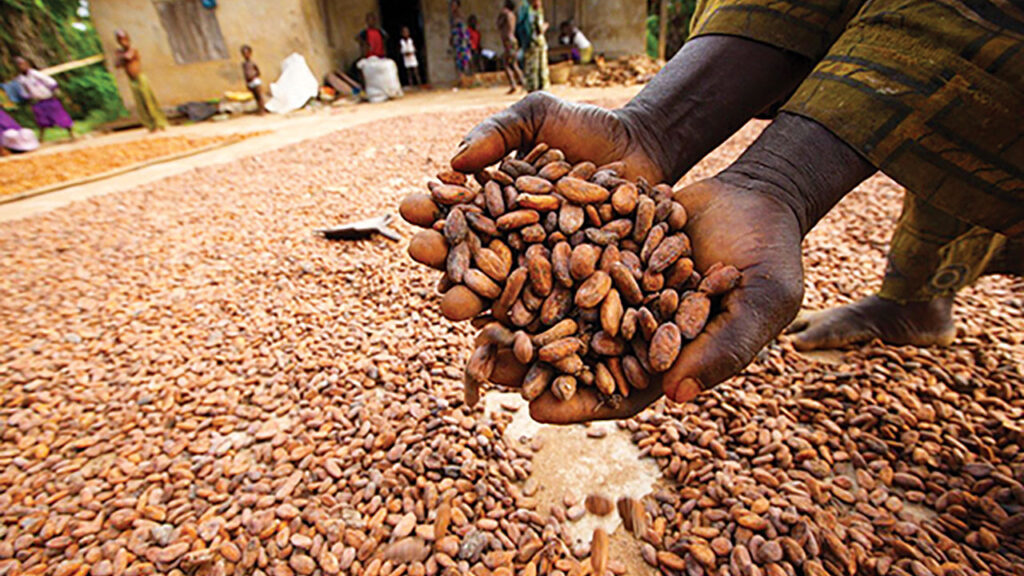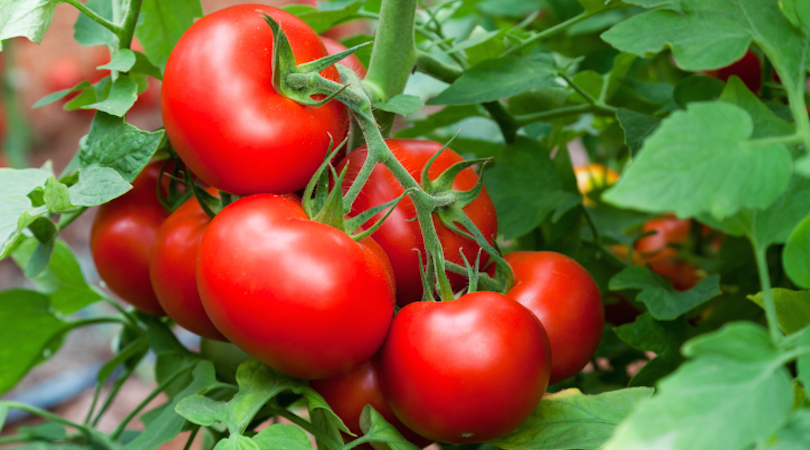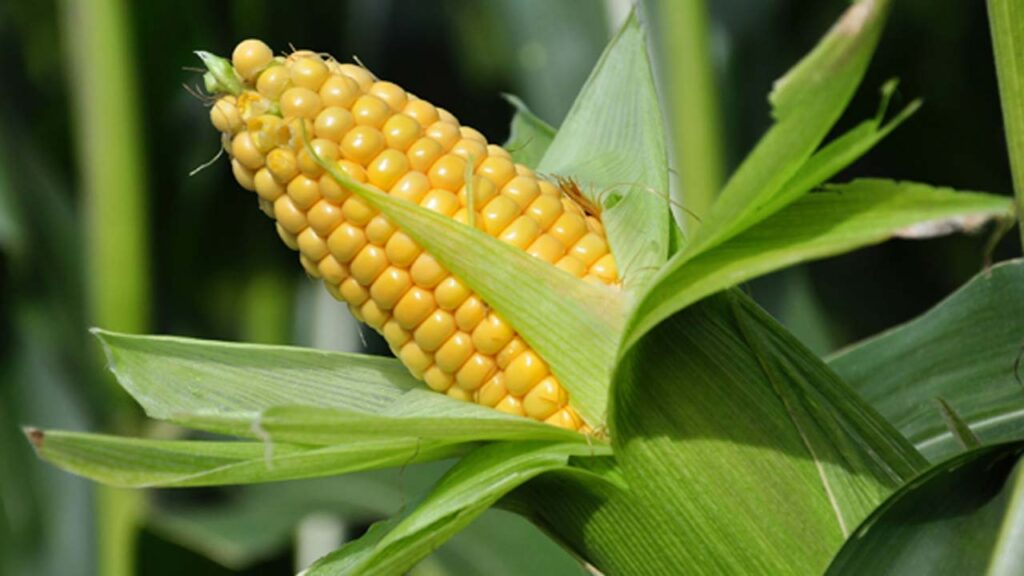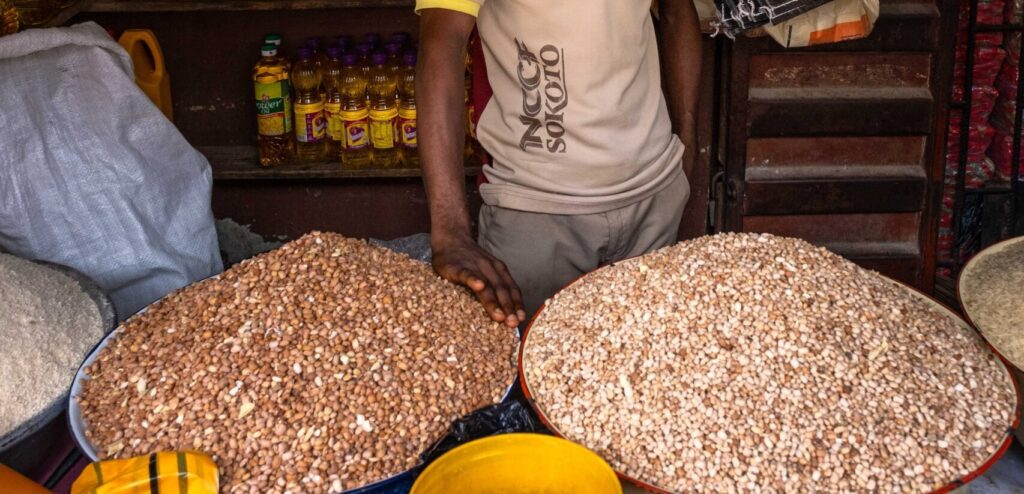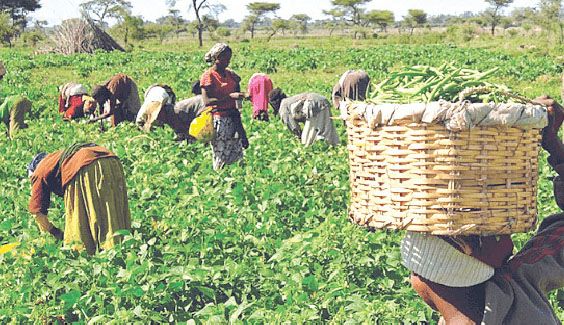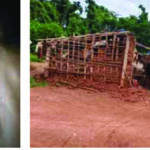 Experts in the agricultural sector have prepared a comprehensive dossier on registered and unregistered pesticides with relevant authorities, warning farmers against using these hazardous chemicals in circulation across markets in the country.
Experts in the agricultural sector have prepared a comprehensive dossier on registered and unregistered pesticides with relevant authorities, warning farmers against using these hazardous chemicals in circulation across markets in the country.
The specialists, drawn from Alliance for Action on Pesticide in Nigeria, Environmental Rights Action/Friends of the Earth Nigeria, Health of Mother Earth Foundation, and others, stated that the document will provide up-to-date information on registered and traded pesticides in the country.
Besides, they revealed that a significant percentage of active ingredients in the so-called registered pesticides are internationally banned or phased out completely, highlighting the necessity to mitigate the risks associated with the use of inorganic substances.
At a media briefing in Abuja, Nnimmo Bassey of Health of Mother Earth Foundation, called for urgent reconsideration of the regulatory measures, phasing out highly hazardous pesticides and fortifying their commitment to promote safer alternatives.
Bassey, who spoke on ‘The Right to Know: What’s in the Farm?’, explained that exposure to these chemicals/insect killers have been linked to various adverse effects, ranging from soil and water contamination to harm to non-target organisms and to human health.
He stated: “The document is not merely a compilation of facts and figures but a clarion call for collective action and informed decision-making and highlighting the necessity to mitigate the risks associated with the use of inorganic pesticides in Nigerian as a whole.
“At its core, the dossier advocates for a fundamental human right-the ‘Right to Know’. Every citizen, by virtue of their inherent right to accurate and comprehensive information, is entitled to make informed choices about the chemicals they and their families may be exposed to.”
Prof. Simon Irtwange of AAPN recalled how 270 people died in Benue State as a result of hazardous pesticides, arguing that these chemicals would not boost food security as being emphasised by both ‘government and stakeholders,’ while they are slowly killing Nigerians.
Another speaker, Prof. John Ekpere, a consultant, noted that they have done much in terms of researching dangerous pesticides, but they are kept on shelves, appealing to the federal and state governments, chemical companies that imported them to users to regulate them.
Contributing, Mariann Bassey Orovwuje of ERA/FoEN disclosed that of the 30 active ingredients reviewed in the book, 25 are categorised as highly hazardous pesticides, representing 83.3 per cent; three as moderately hazardous, while one falls on slightly dangerous.
On his part, Donald Ikenna of Henrich Boll Foundation regretted that Nigerian foods were banned in European Union due to amount of chemicals used in cultivating them, saying, presently the world is going for safer foods, natural crops and the government should pay attention to Food Safety Bill before the Nation’s Parliament.


